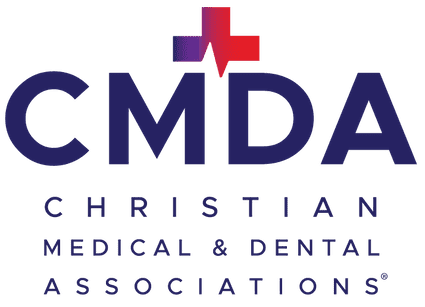
The purpose of this blog is to stimulate thought and discussion about important issues in healthcare. Opinions expressed are those of the author and do not necessarily express the views of CMDA. We encourage you to join the conversation on our website and share your experience, insight and expertise. CMDA has a rigorous and representative process in formulating official positions, which are largely limited to bioethical areas.
Abortion, App Blogs, and Organ Transplant
Xenotransplantation: What’s New and Should We Be Concerned?
April 9, 2024
by Christian Medical & Dental Associations®
Christine Toevs, MD, FACS, FCCM, MA (Ethics) and Robert Cranston, MD, FAAN, MSHA, MA (Ethics)
In the last month, a patient with kidney failure was discharged from the hospital, off dialysis, with a new kidney—from a genetically modified pig. What an incredible accomplishment. The application of CRISPR technology to xenotransplantation expands the possibilities and options for organ transplantation. The benefits include increased organ supply, decreased issues regarding allocation of a scarce resource, decreased reliance on organs from patients through either Death by Neurological Criteria or Donation after Circulatory Death (DCD) and potentially decreased reliance on living related/unrelated organ donation. Given the current ethical issues about regarding “brain death,” DCD and some of the technologies used to procure these organs, xenotransplantation could eliminate or reduce these concerns.
Xenotransplantation in the modern era started in the 1960s with chimpanzee/baboon heart and lung transplantation. The patients receiving these organs survived a variable amount of time, and the transplants were often “proof of concept” technologies. Animal organs were also used as a bridge to human organ transplantation. Despite advances in immunosuppression, xenotransplantation remained unsuccessful except for short periods of time, due to rejection issues and cross-species incompatibility. CRISPR and genetic modification of pigs seems to have changed the game and revived xenotransplantation as a viable alternative to human organ transplant. Although just in the beginning stages, and with much work and research to be done, we may have found a solution to some of the ethical issues listed above.
However, xenotransplantation now creates its own ethical issues. If this technology is successful, everyone on the waiting list for organ transplantation will want an organ yesterday. How will we deal with demand, prioritization of patients and resource allocation, given a limited supply of genetically modified animal organs, ICUs, transplant surgeons, operating rooms, etc.? Immunosuppression, and the complications there-in, will remain problematic. Who will supply and raise the animals? Who will address quality control and oversee issues related to animal farming and organ procurement? What about patients who do not want an animal organ? How will we address the cost of xenotransplantation? Will the offset of patients no longer requiring dialysis cover the cost of transplantation? And as always, there is the “law of unintended consequences” and issues we have not yet begun to identify or address.
Genetically modified animals for transplantation likely will change current treatment and human-to-human transplant. Although it may “solve” one set of ethical issues, xenotransplantation will also create a new set of ethical issues. We need to be mindful and aware of what seems to be an incredible technology, which may not be as perfect as we hope. As one transplant expert says, “We don’t know what we don’t know.” Good intentions don’t eliminate unintended consequences.

